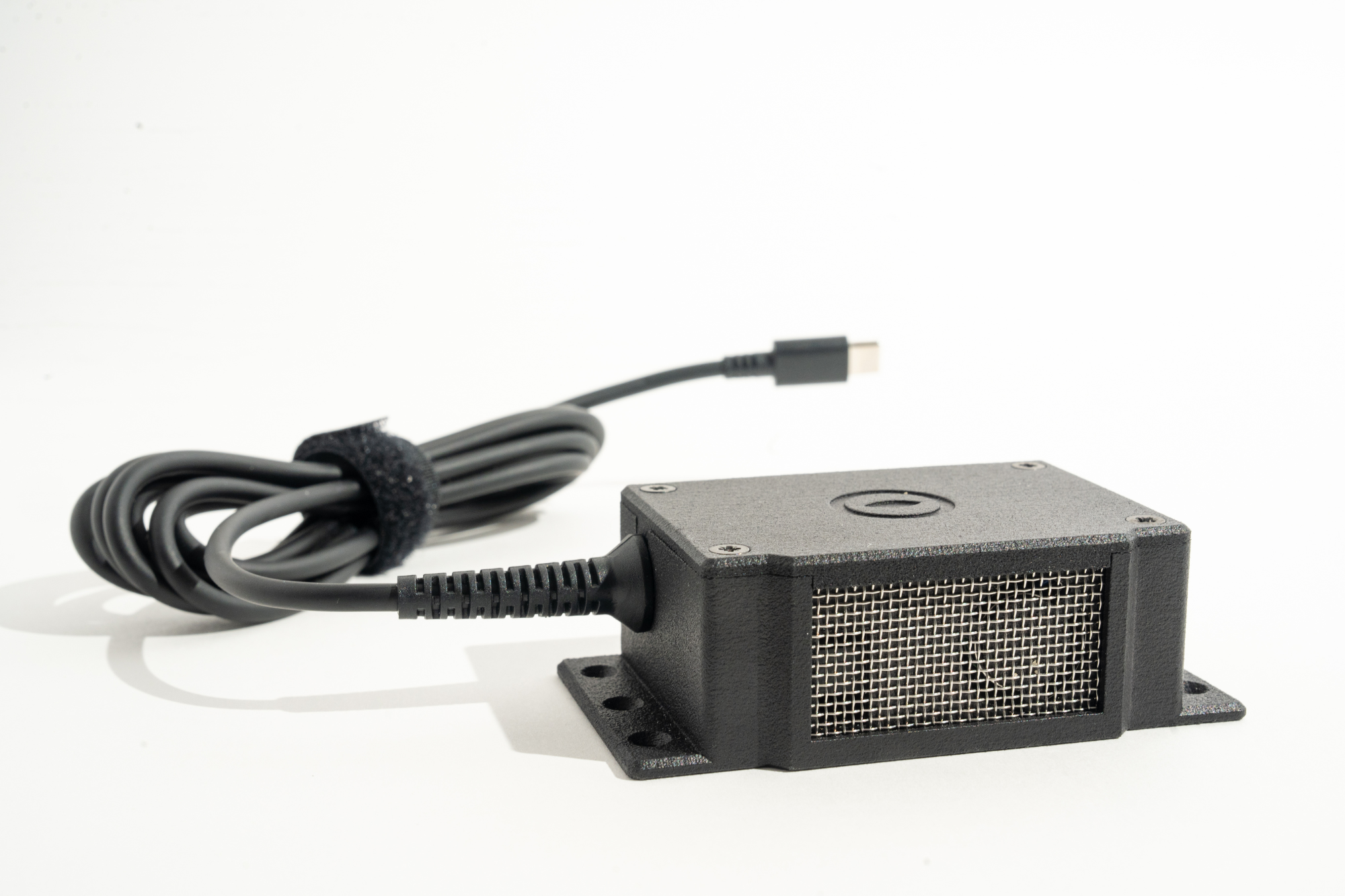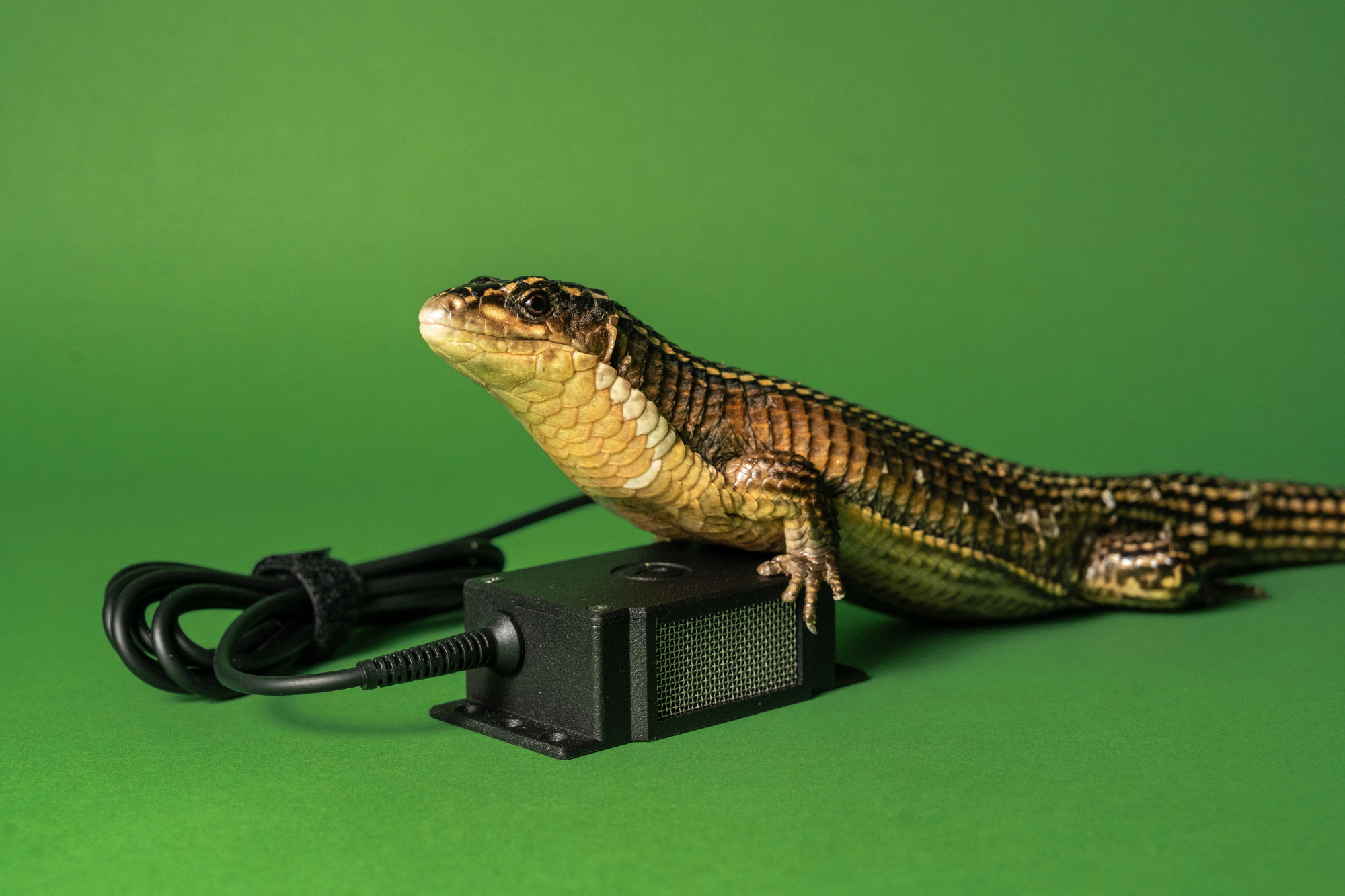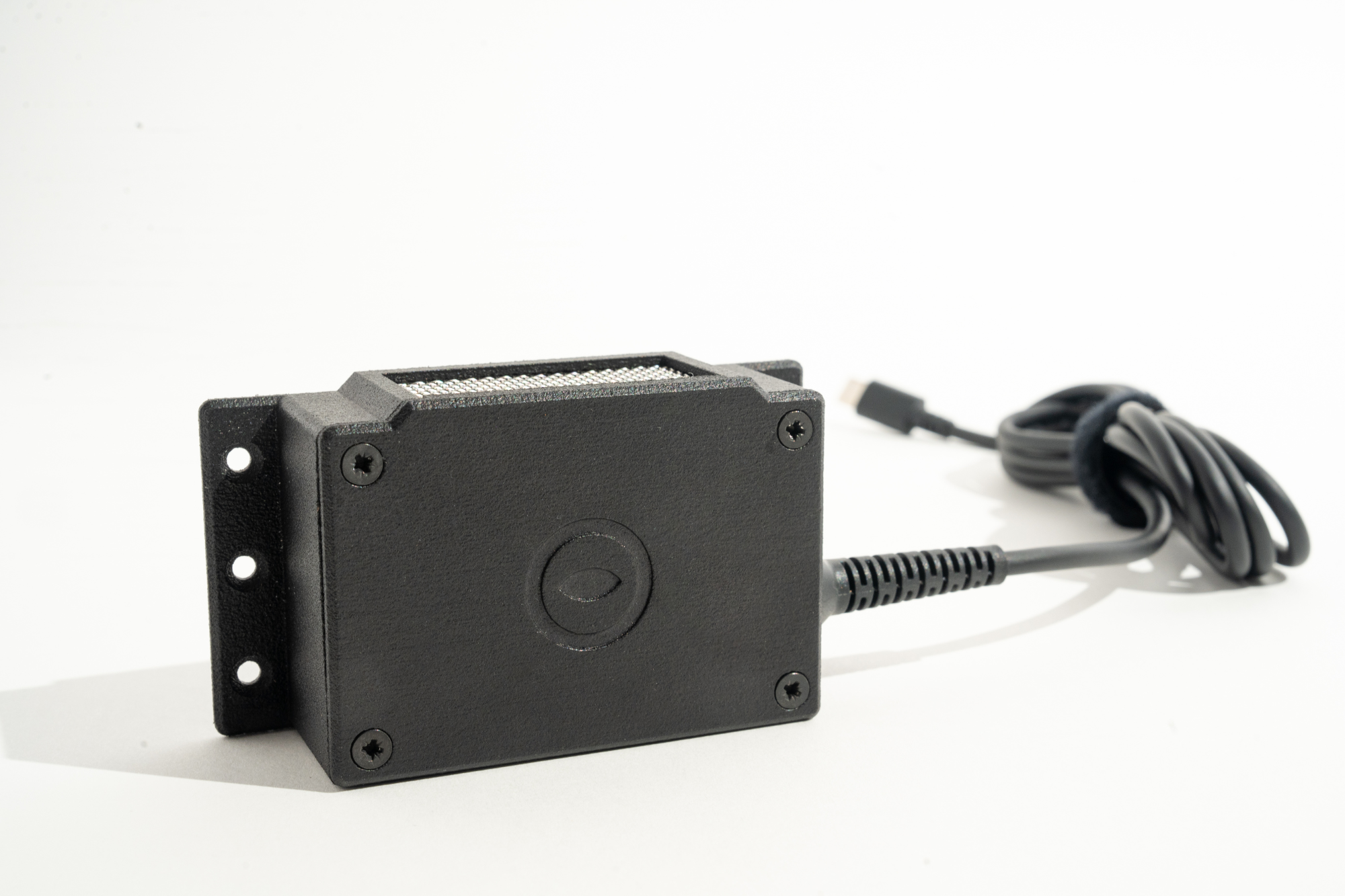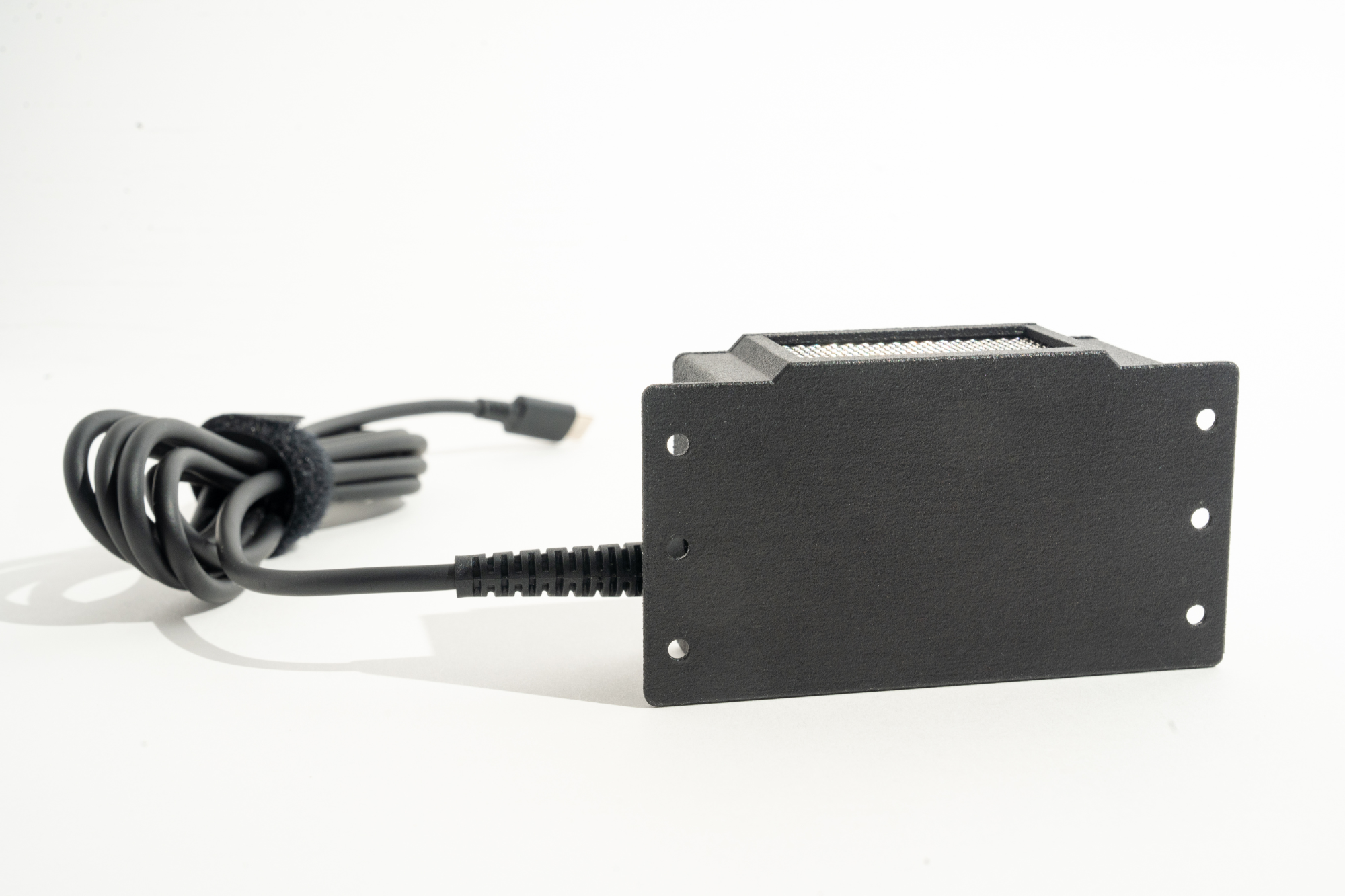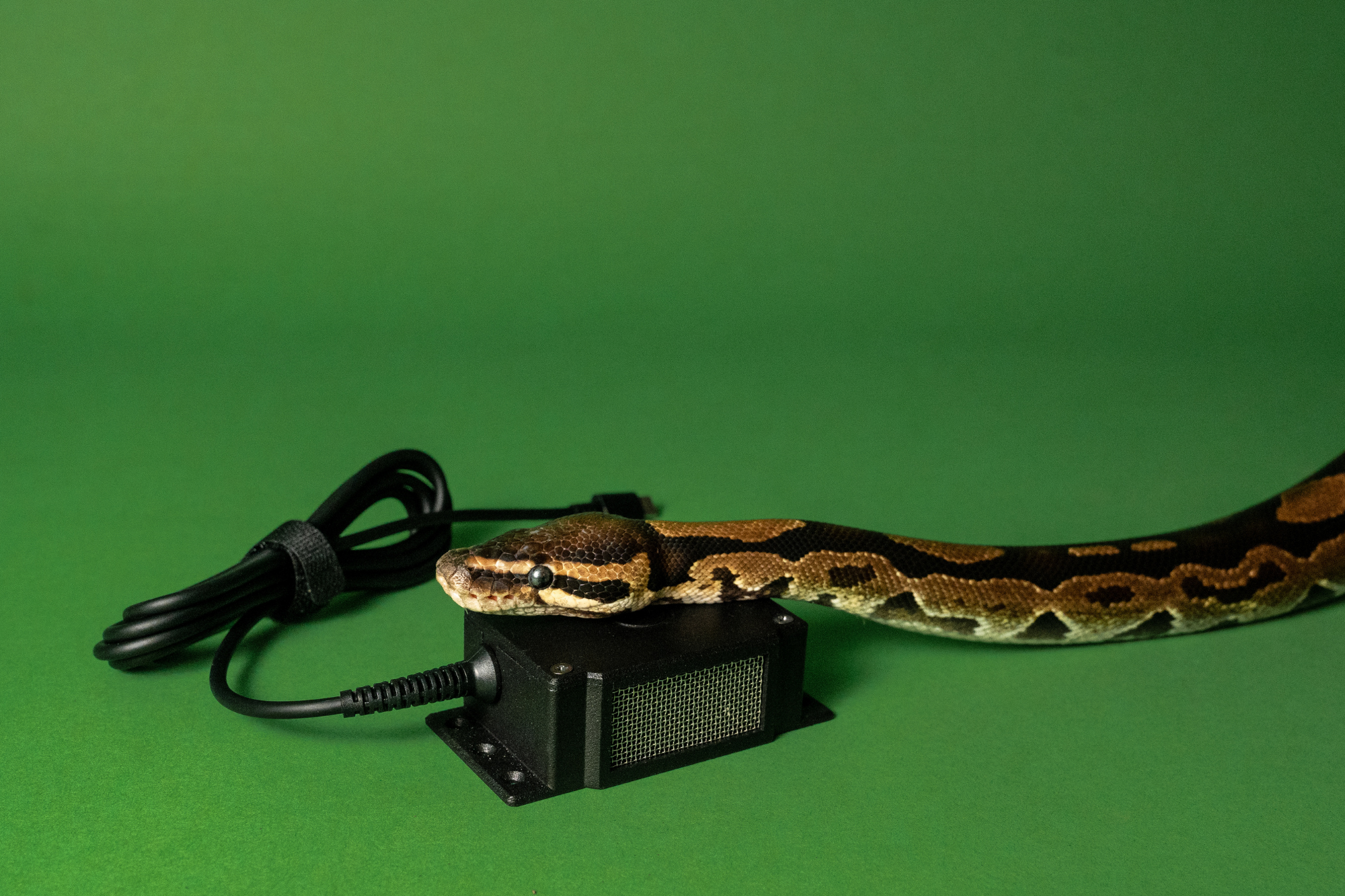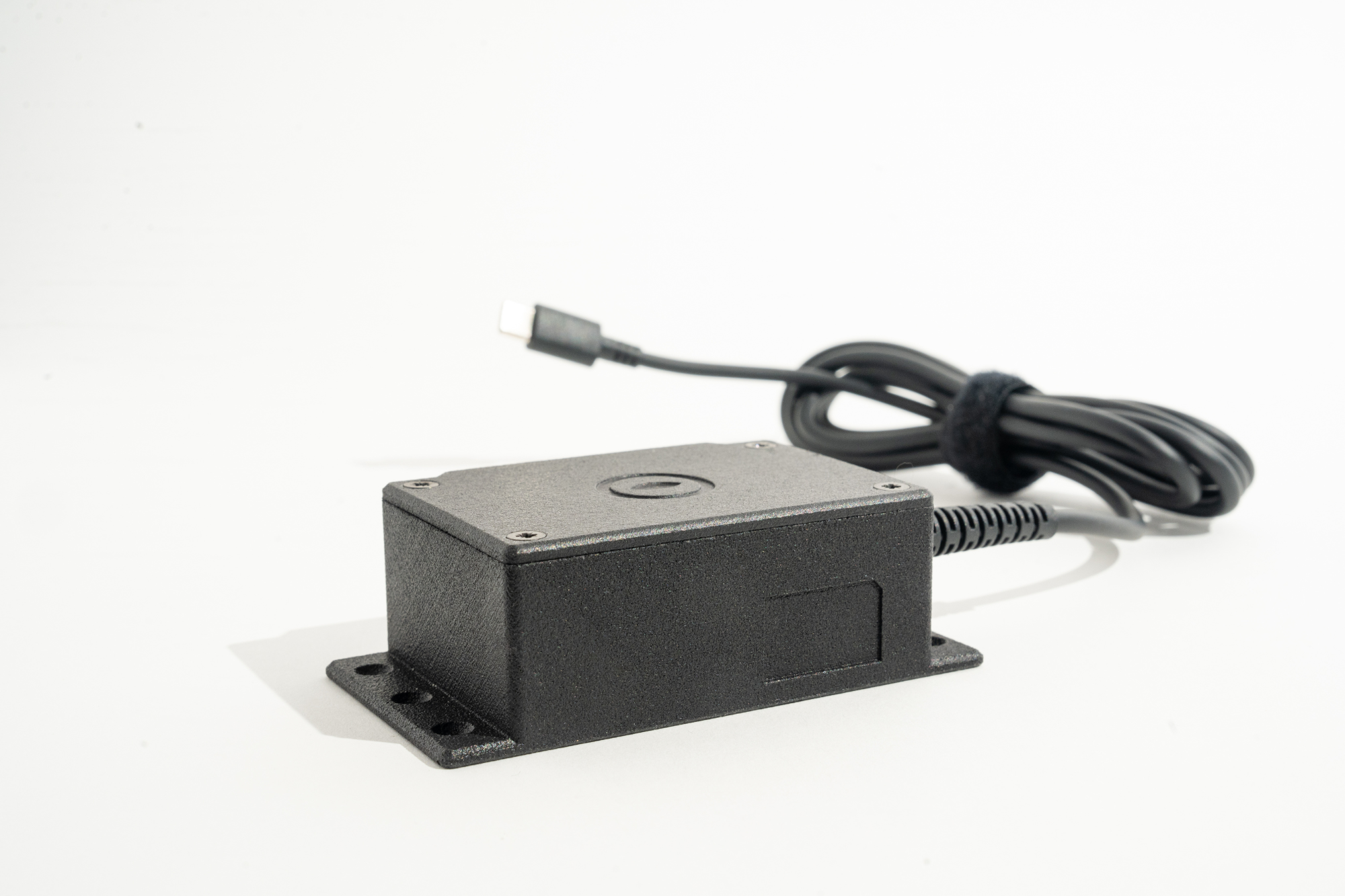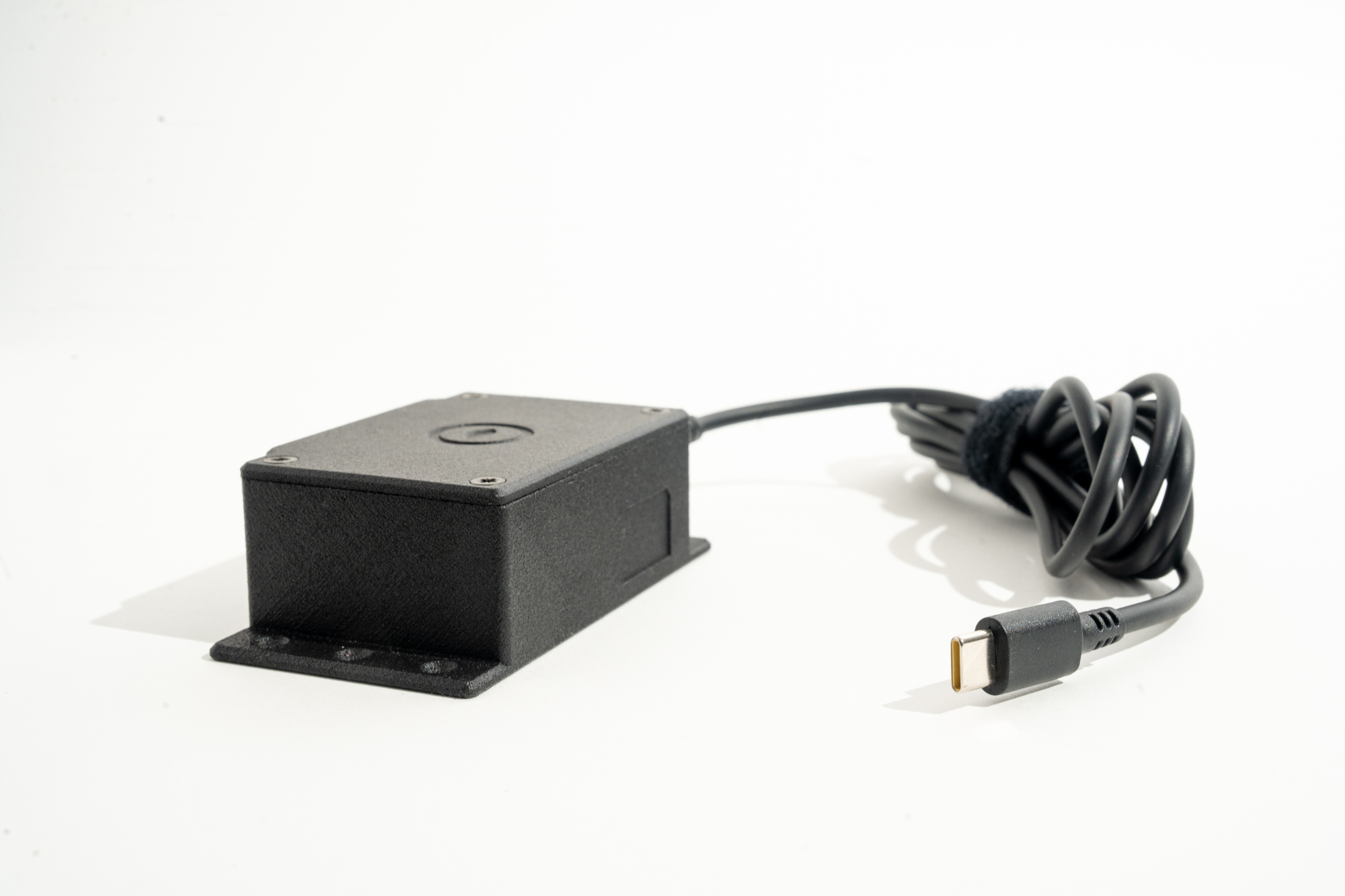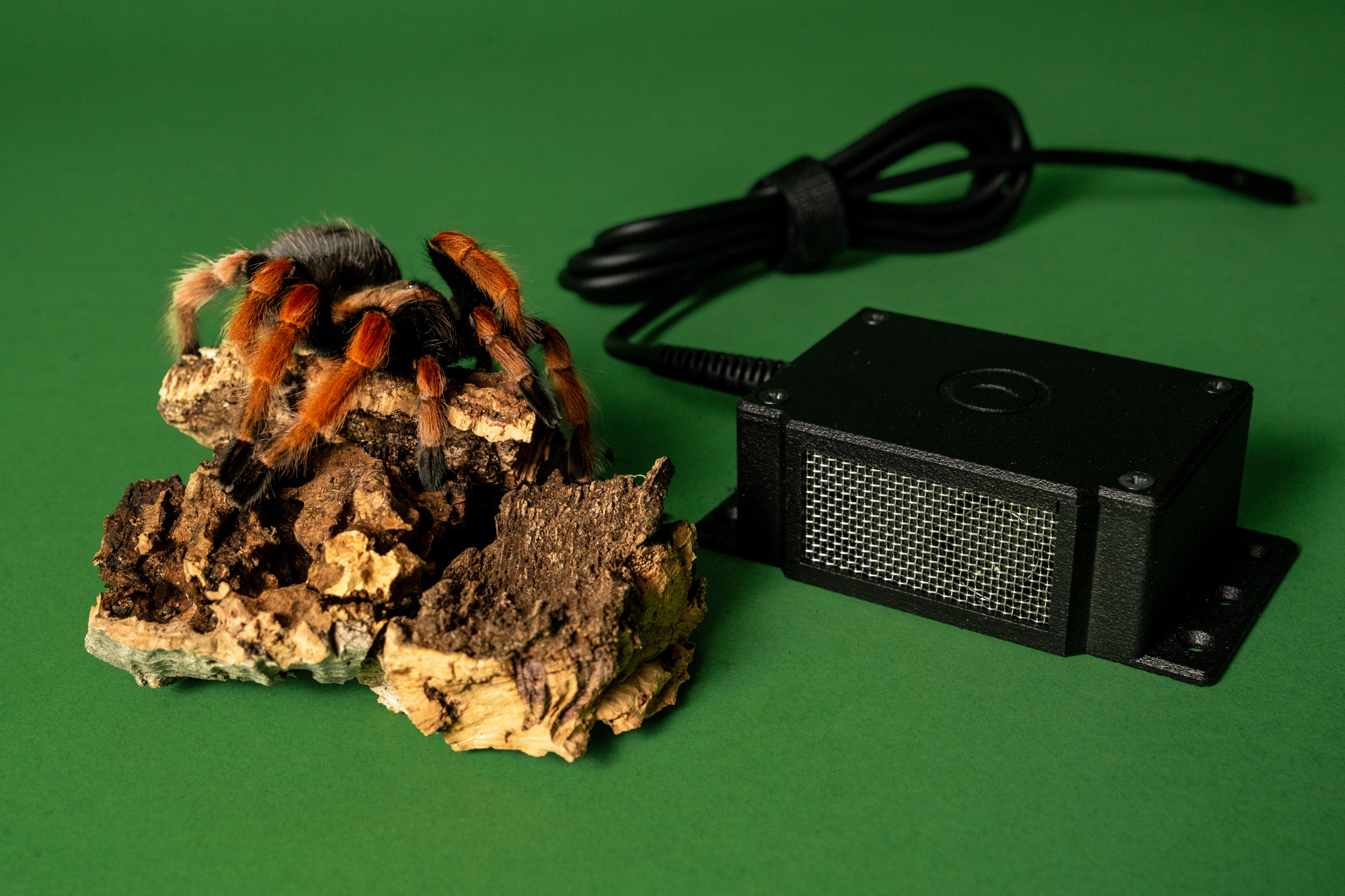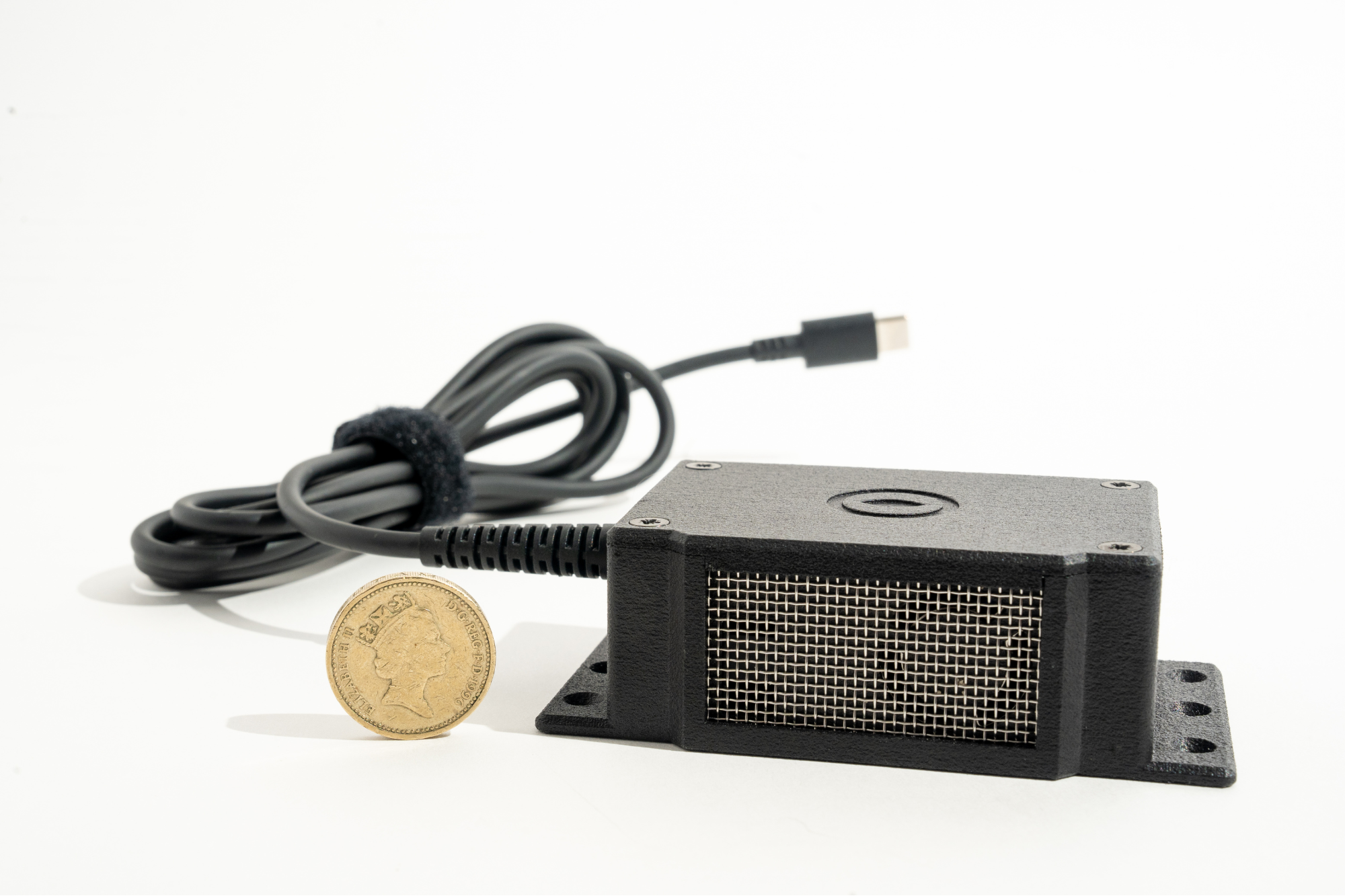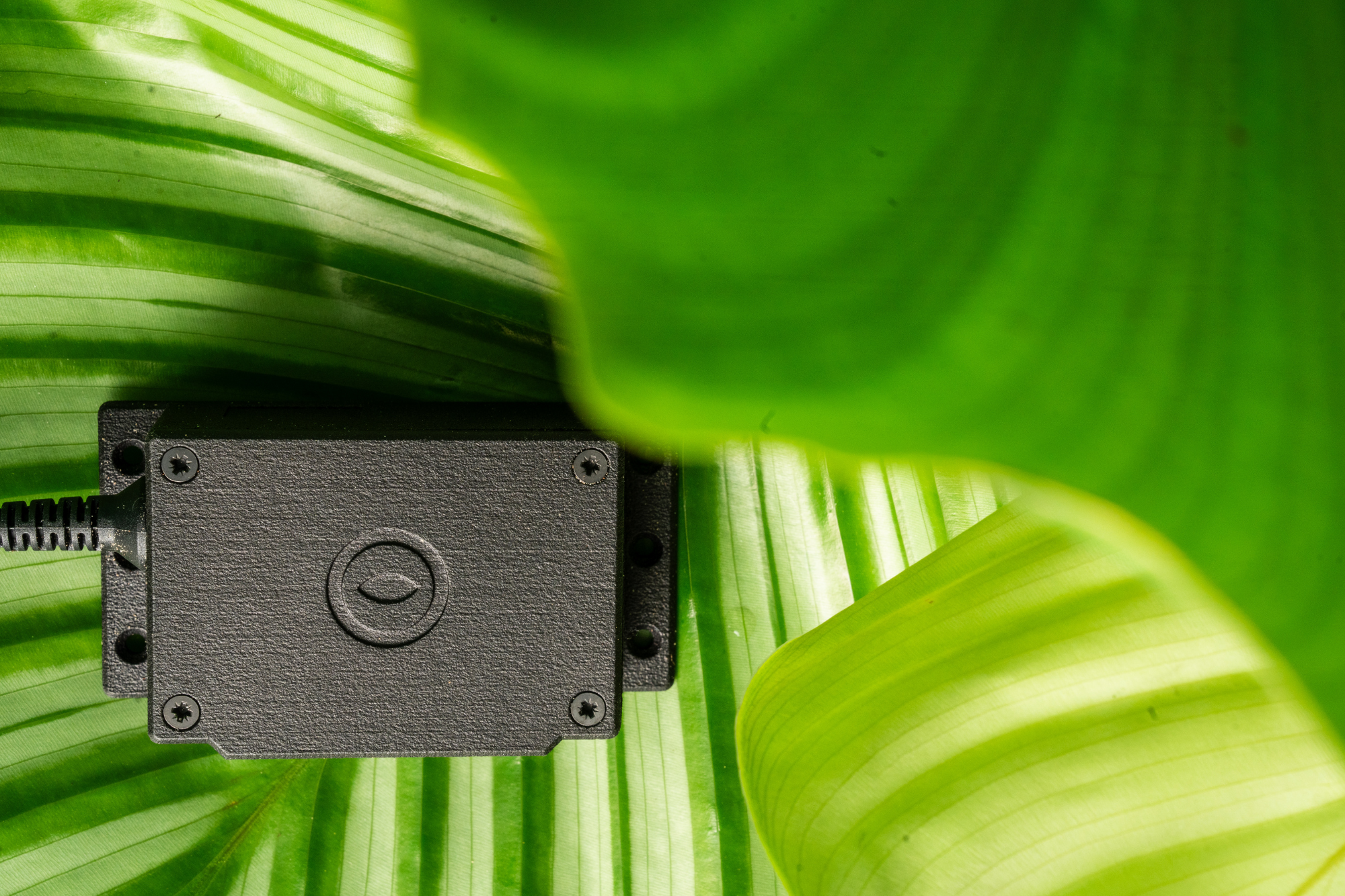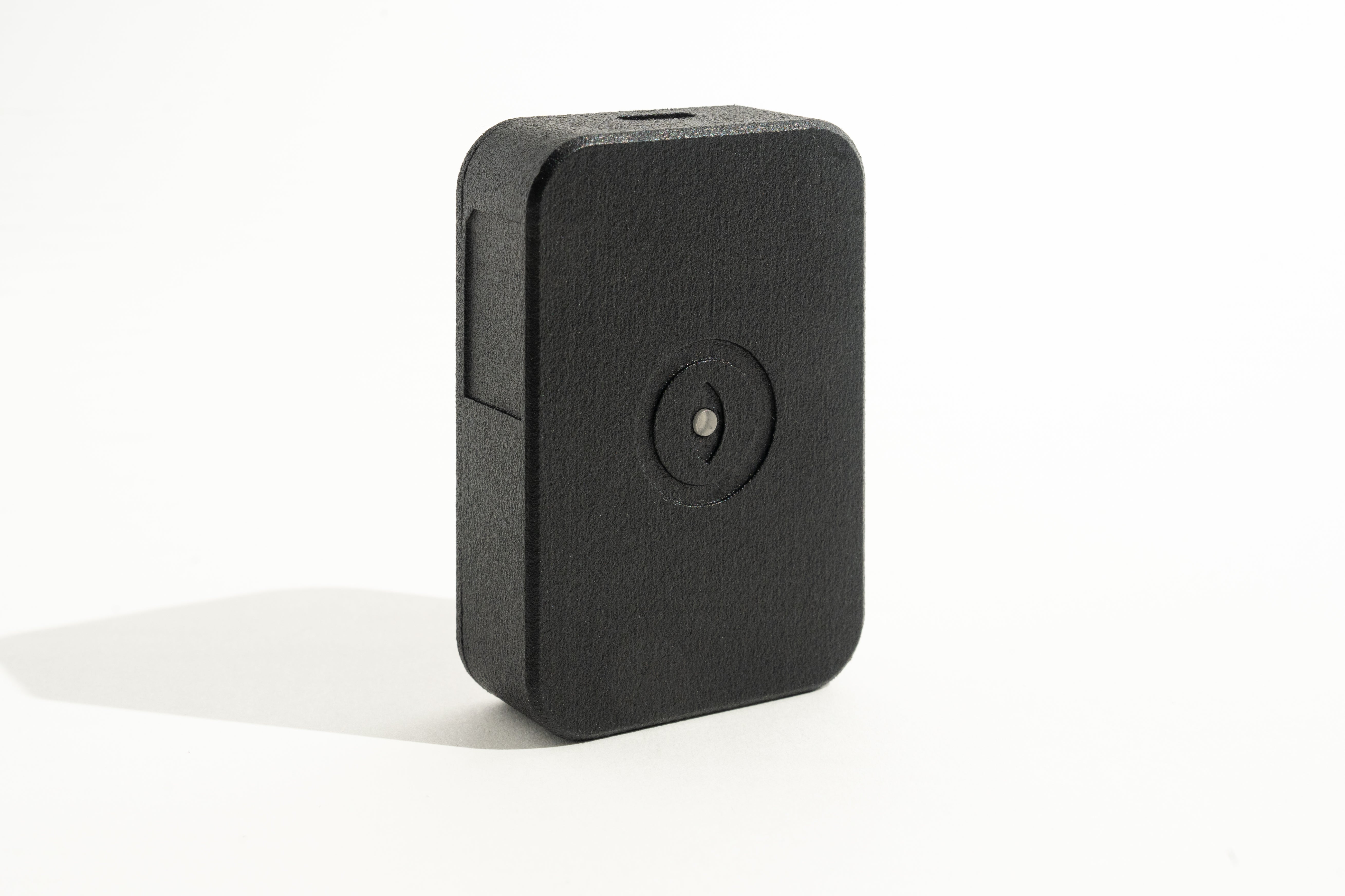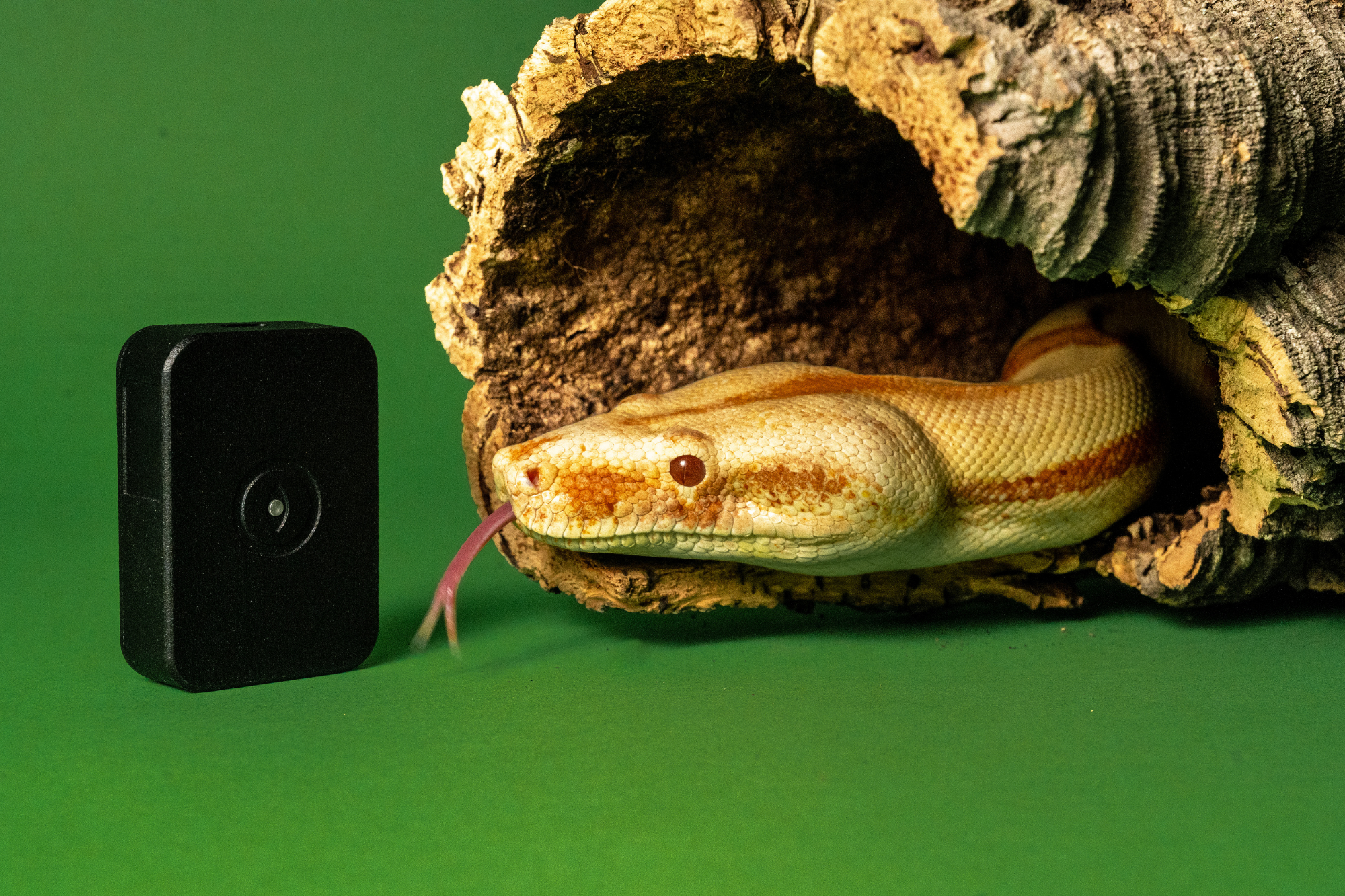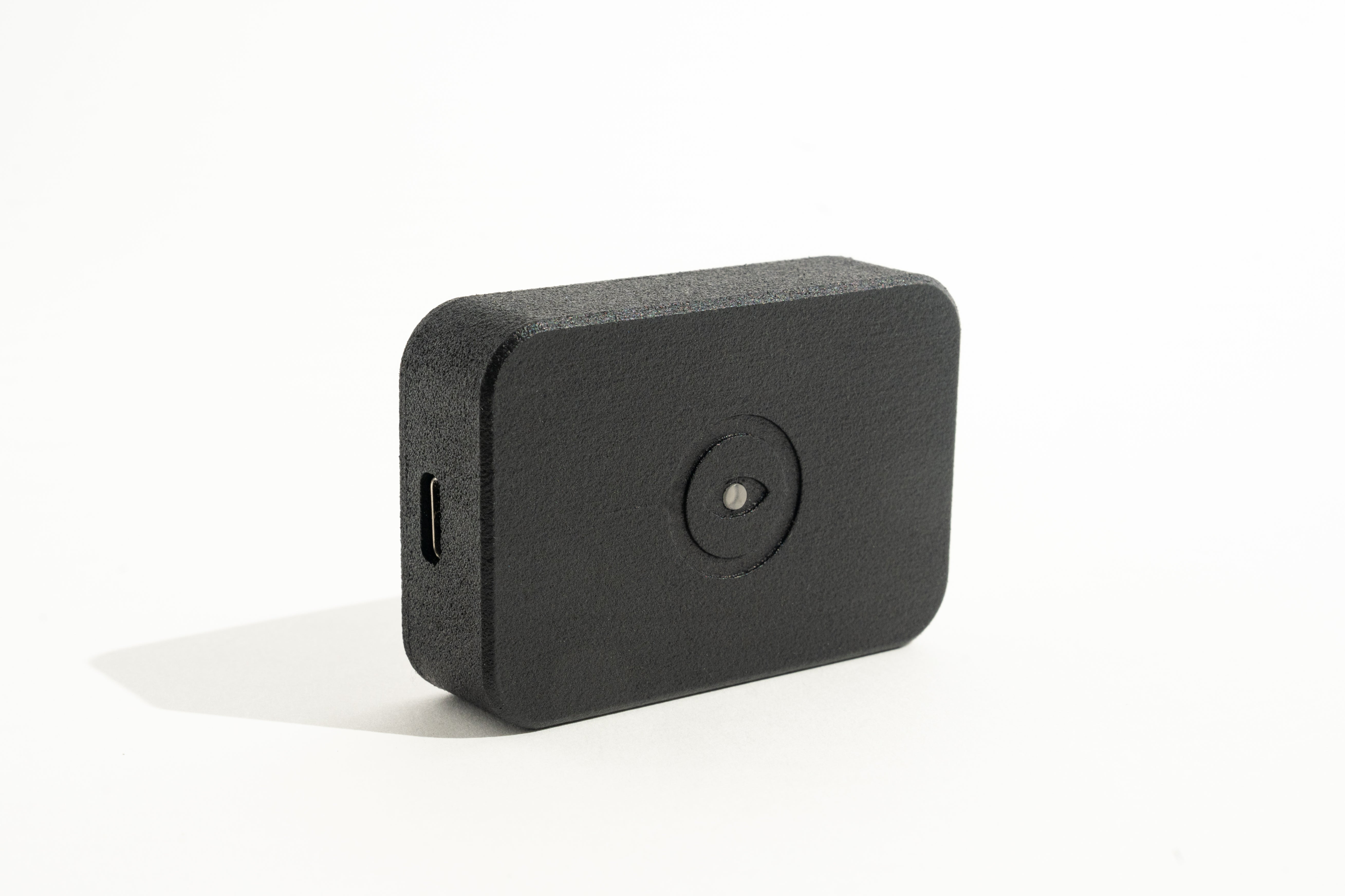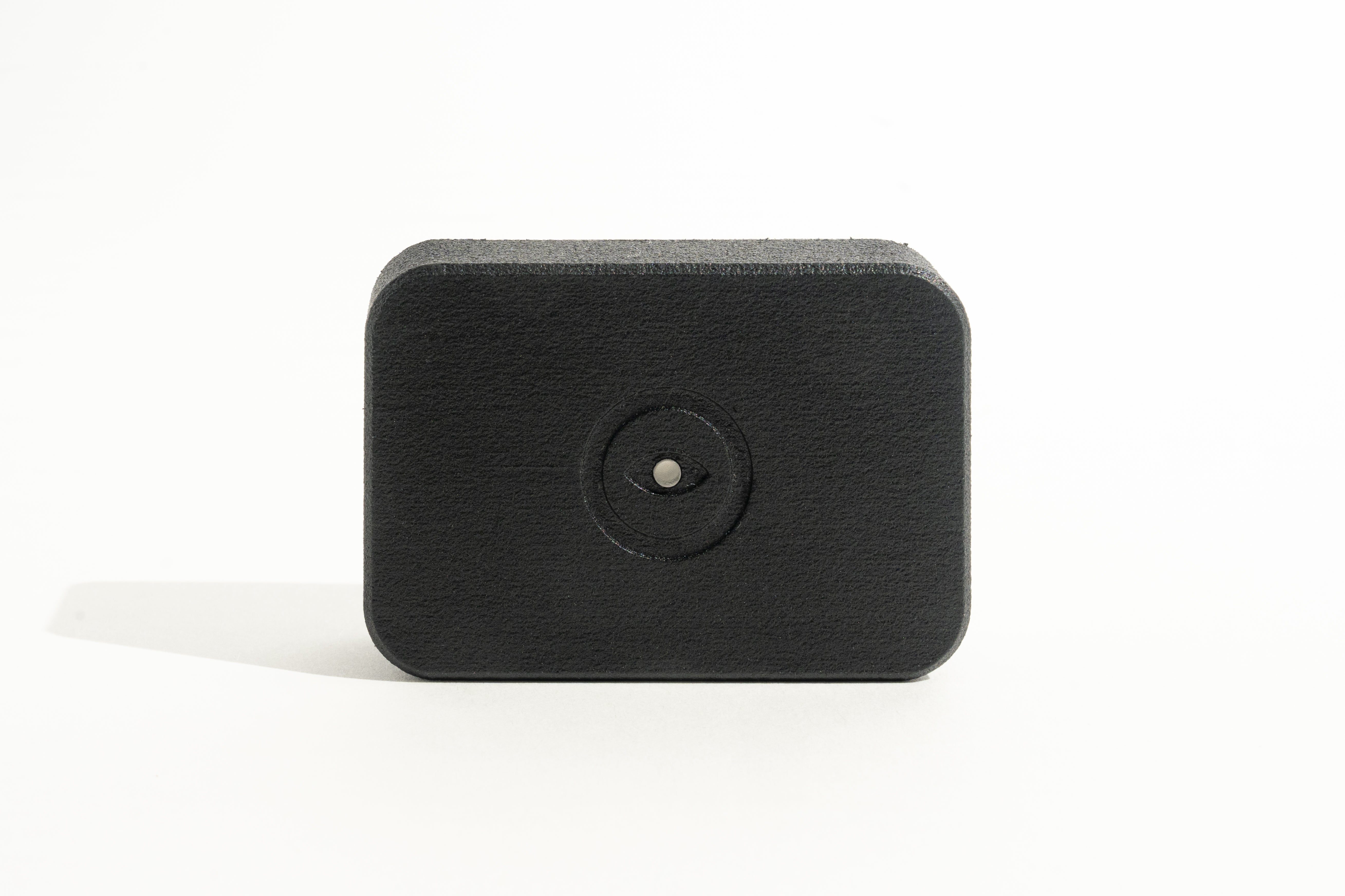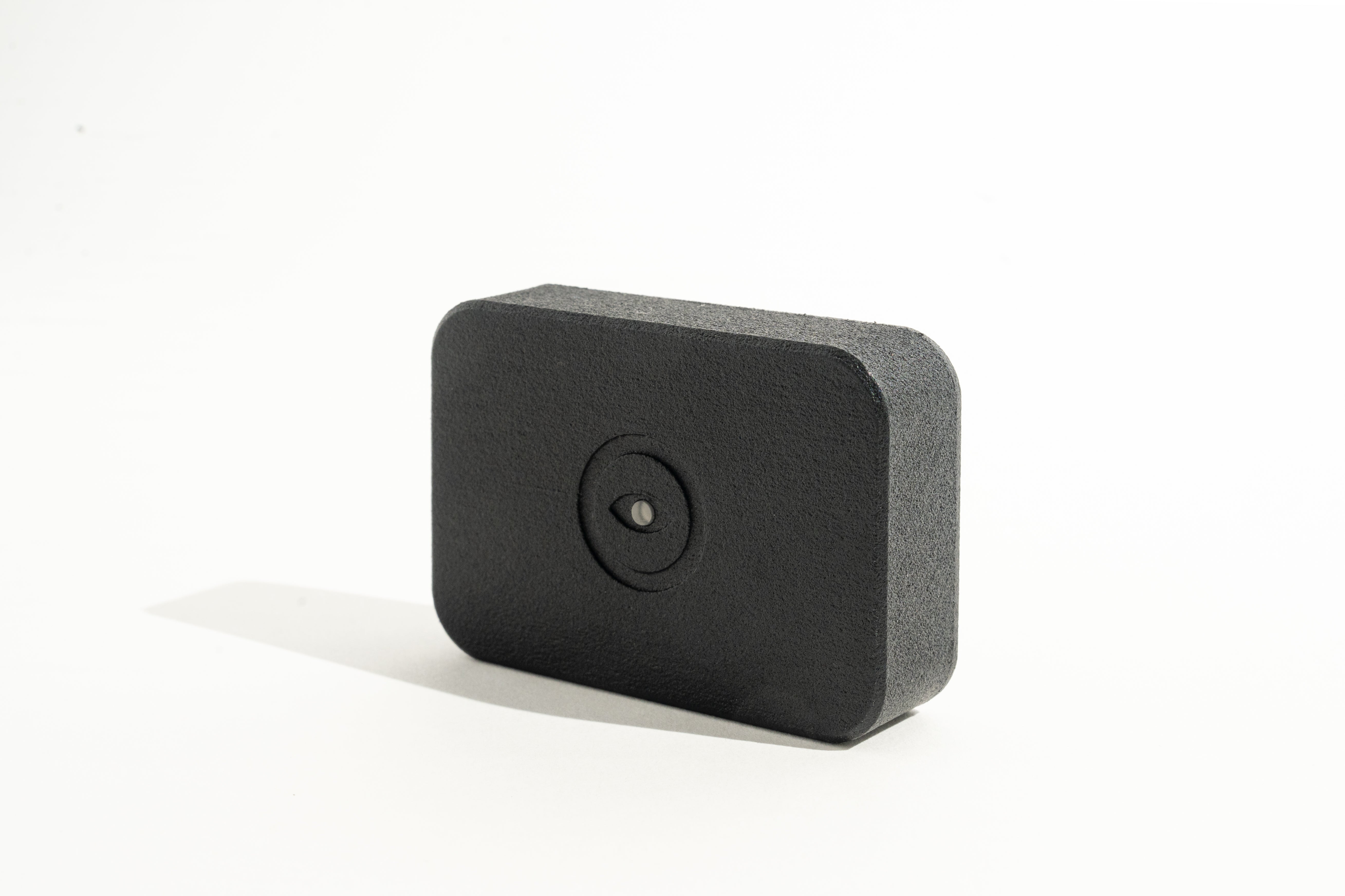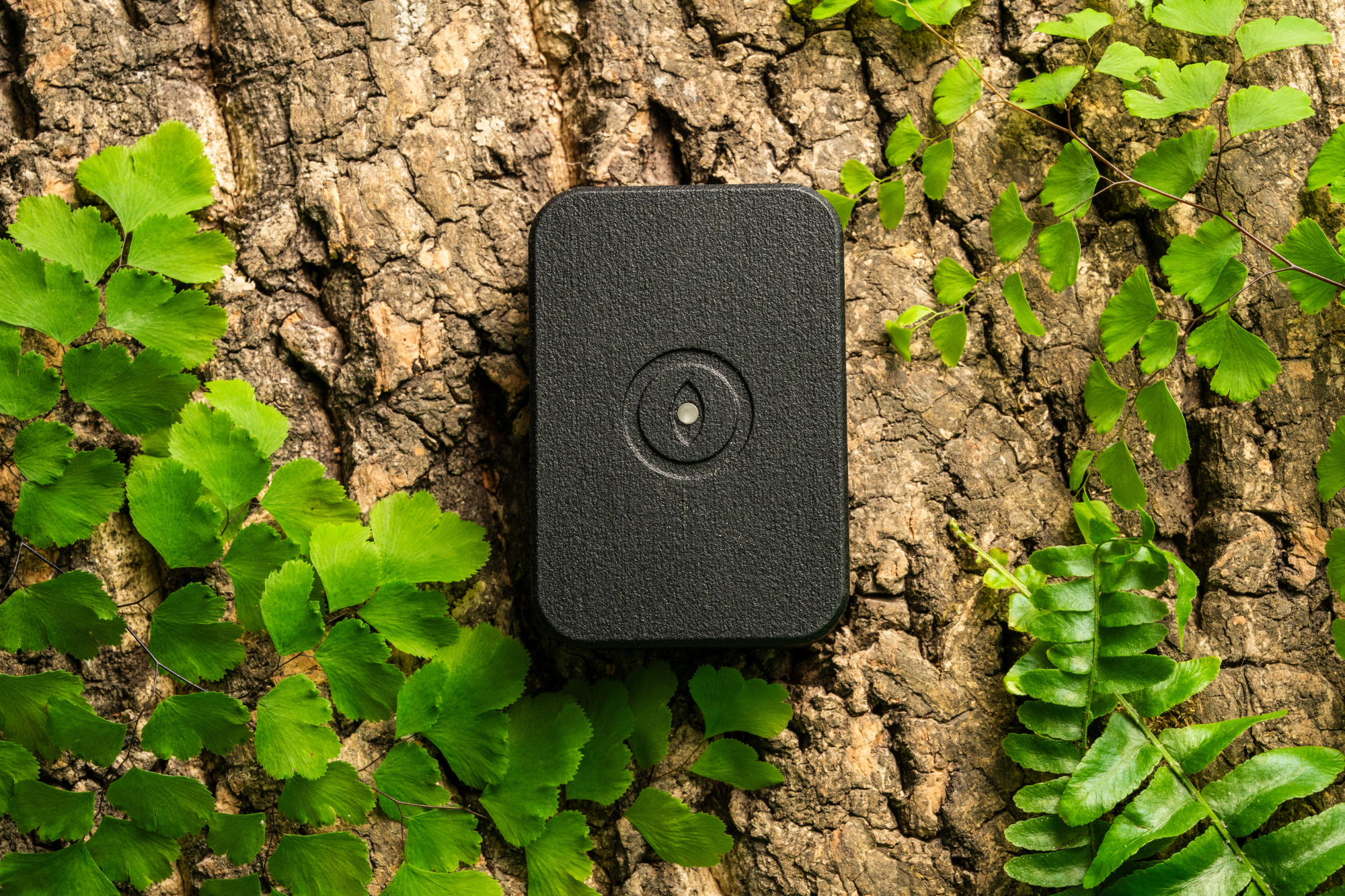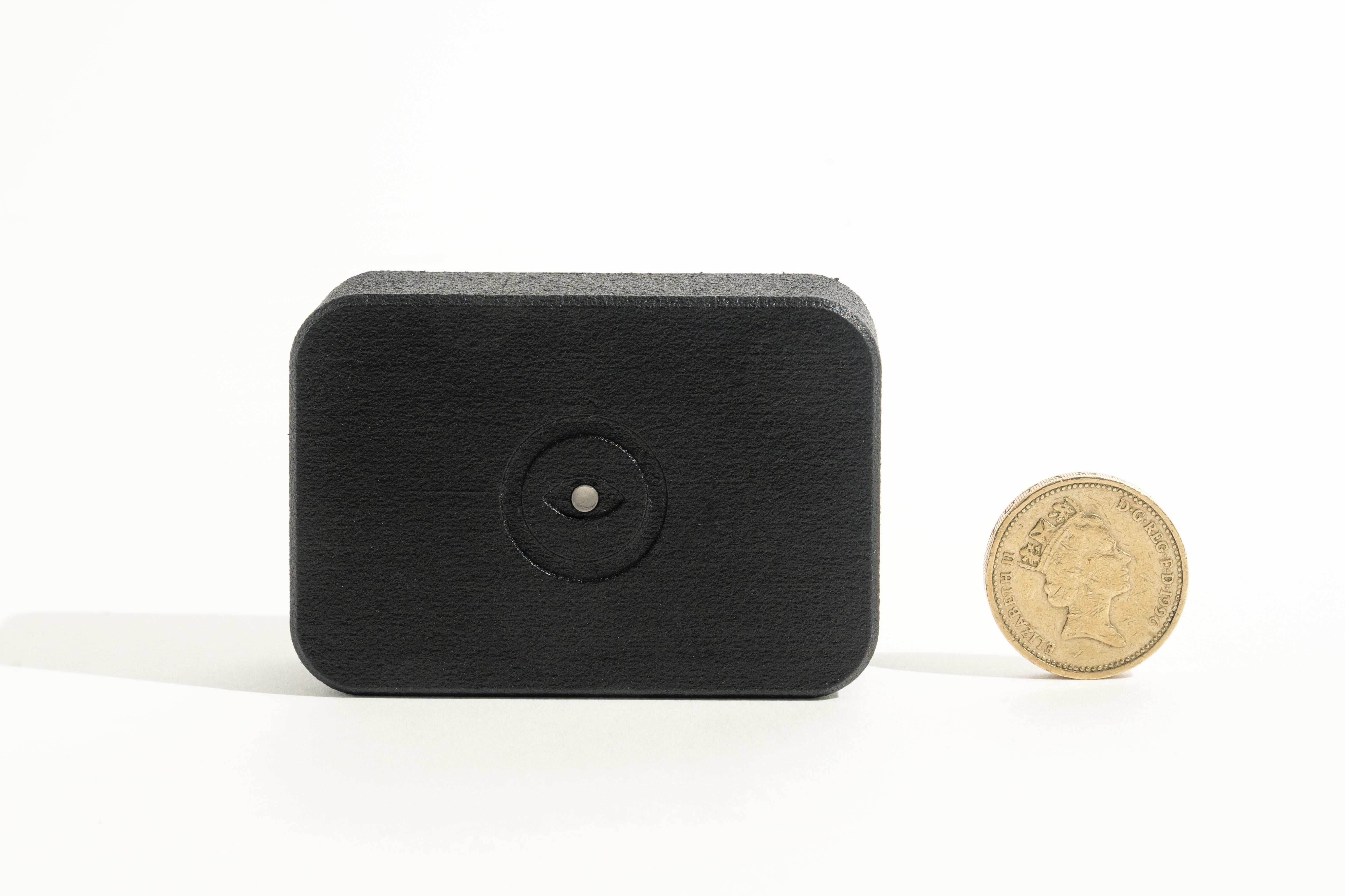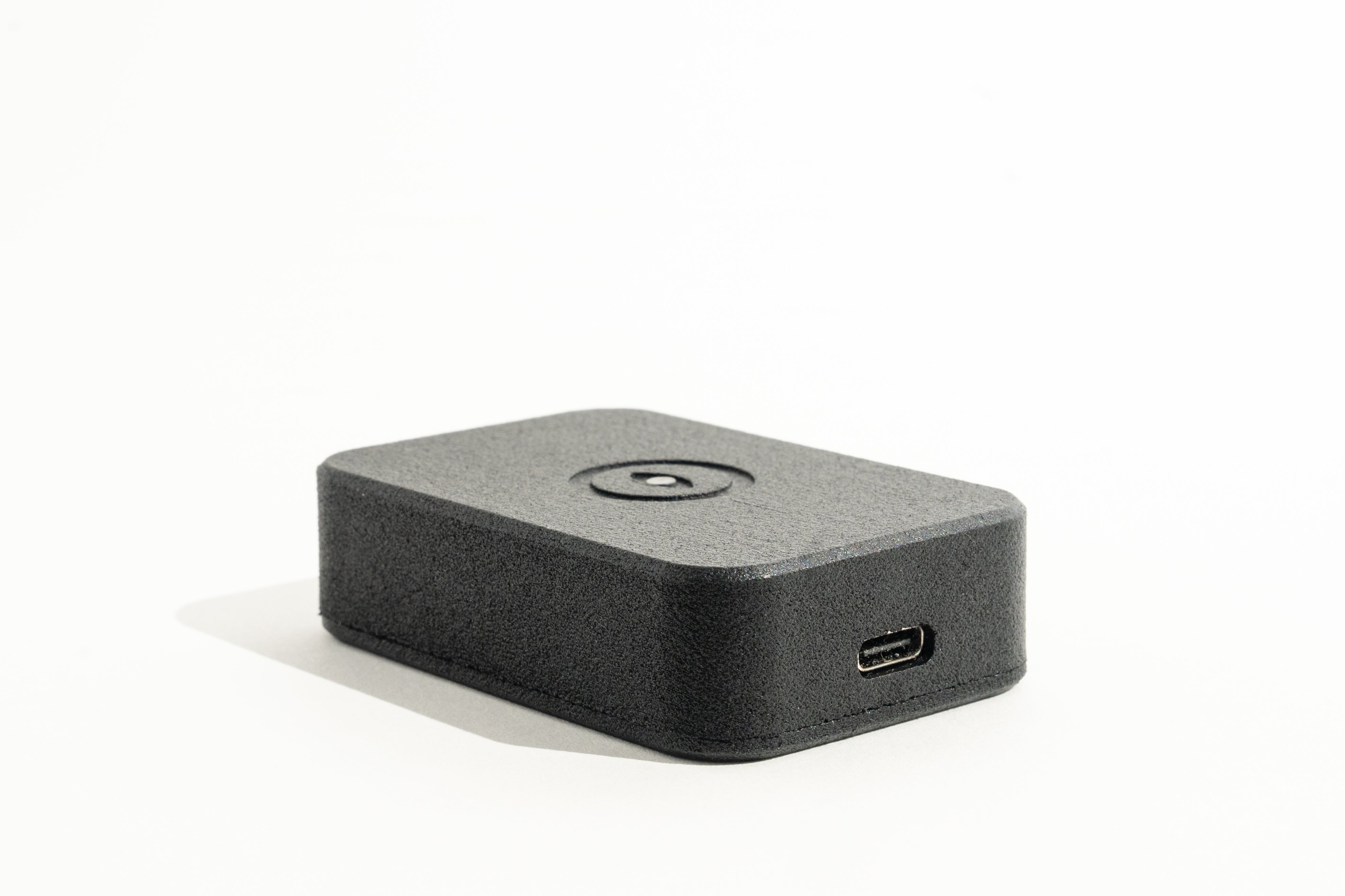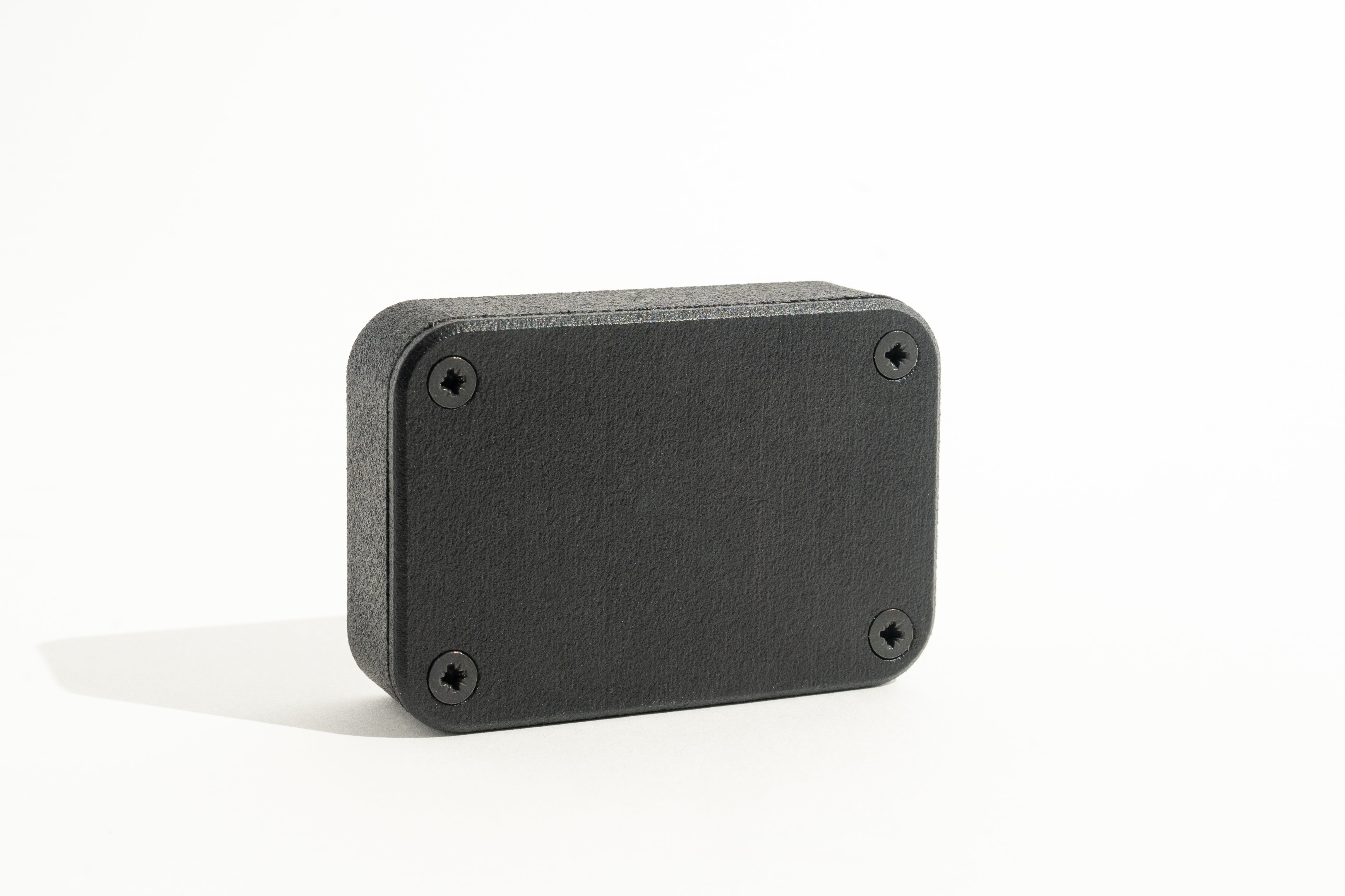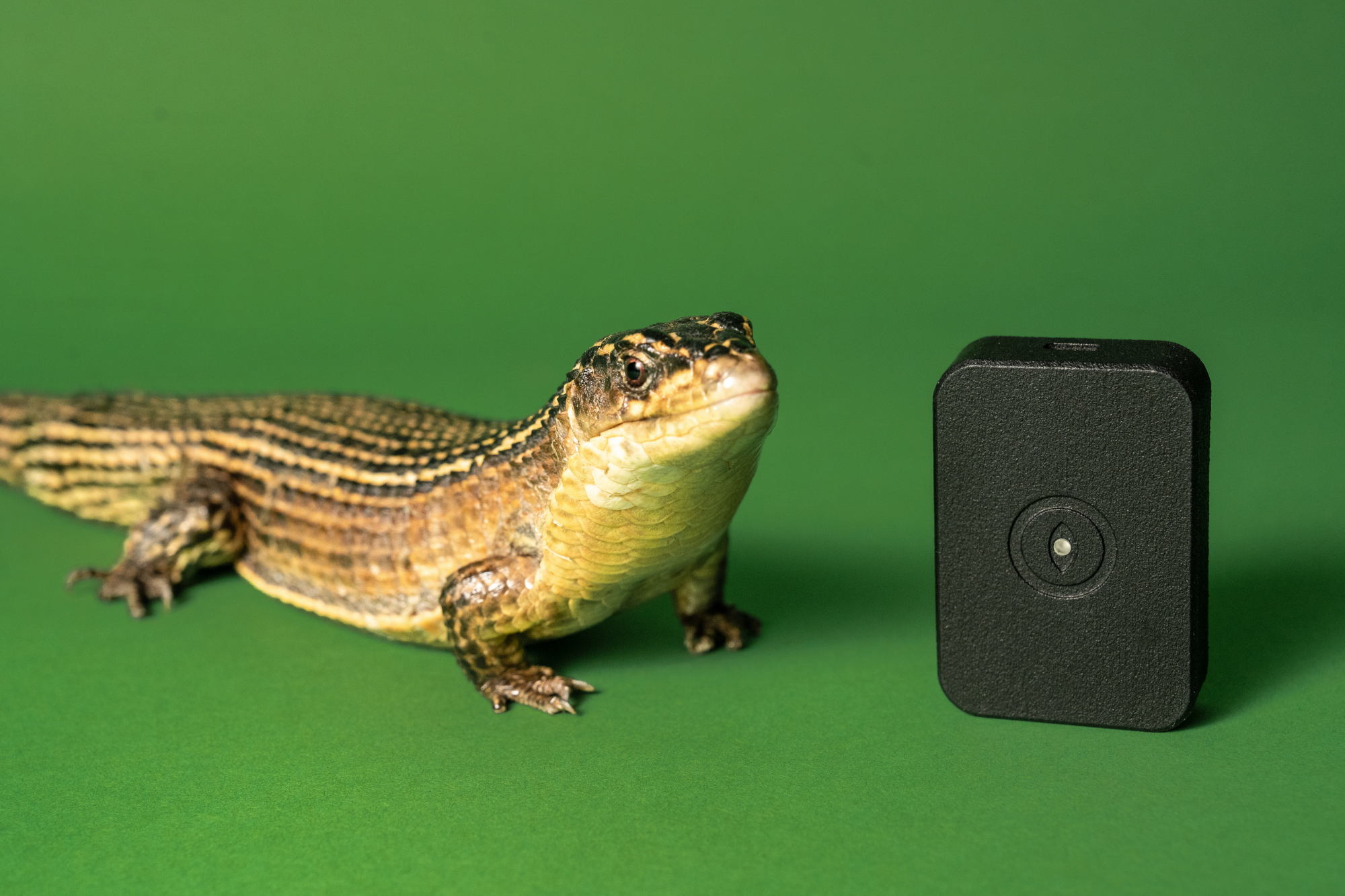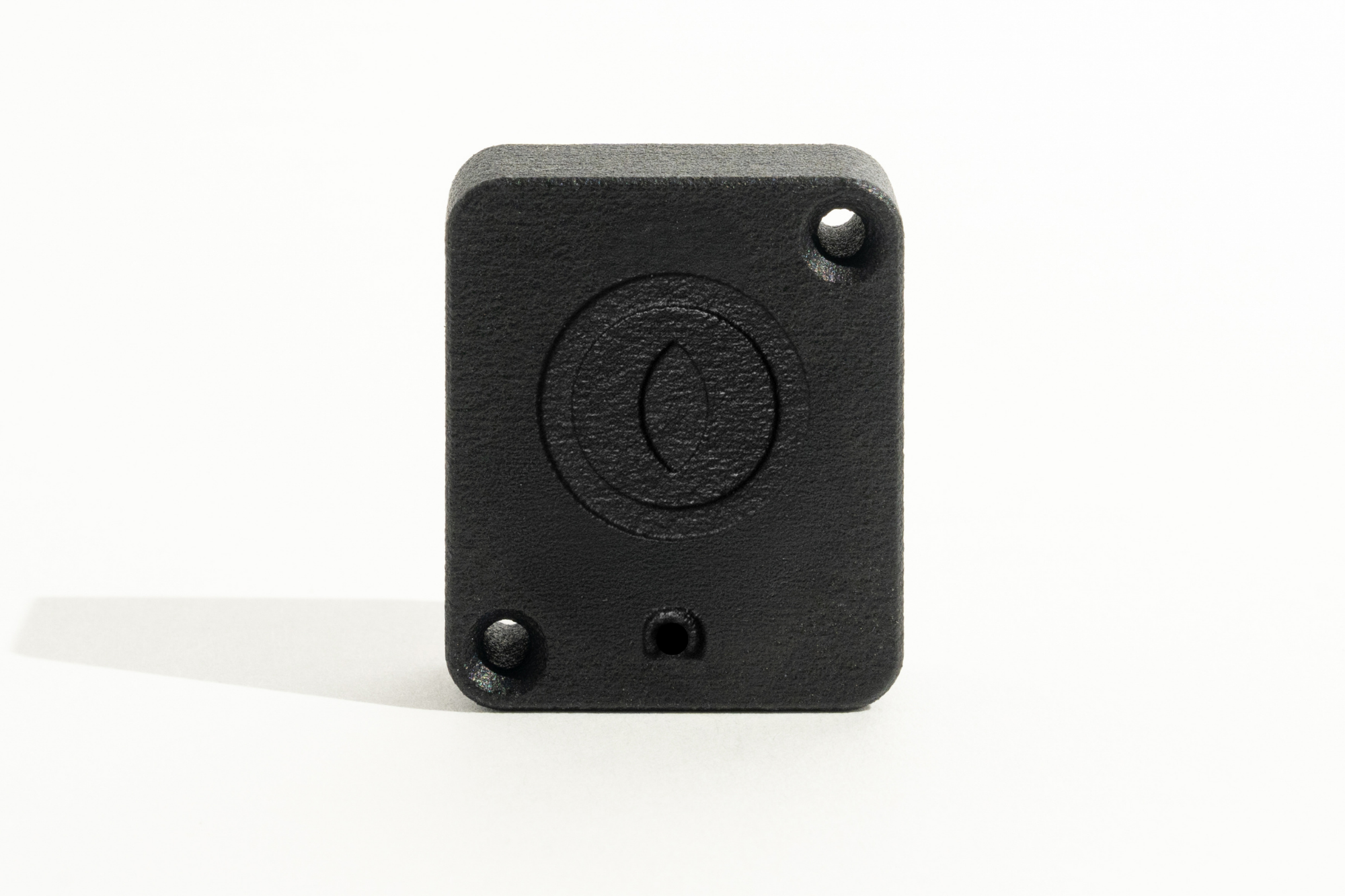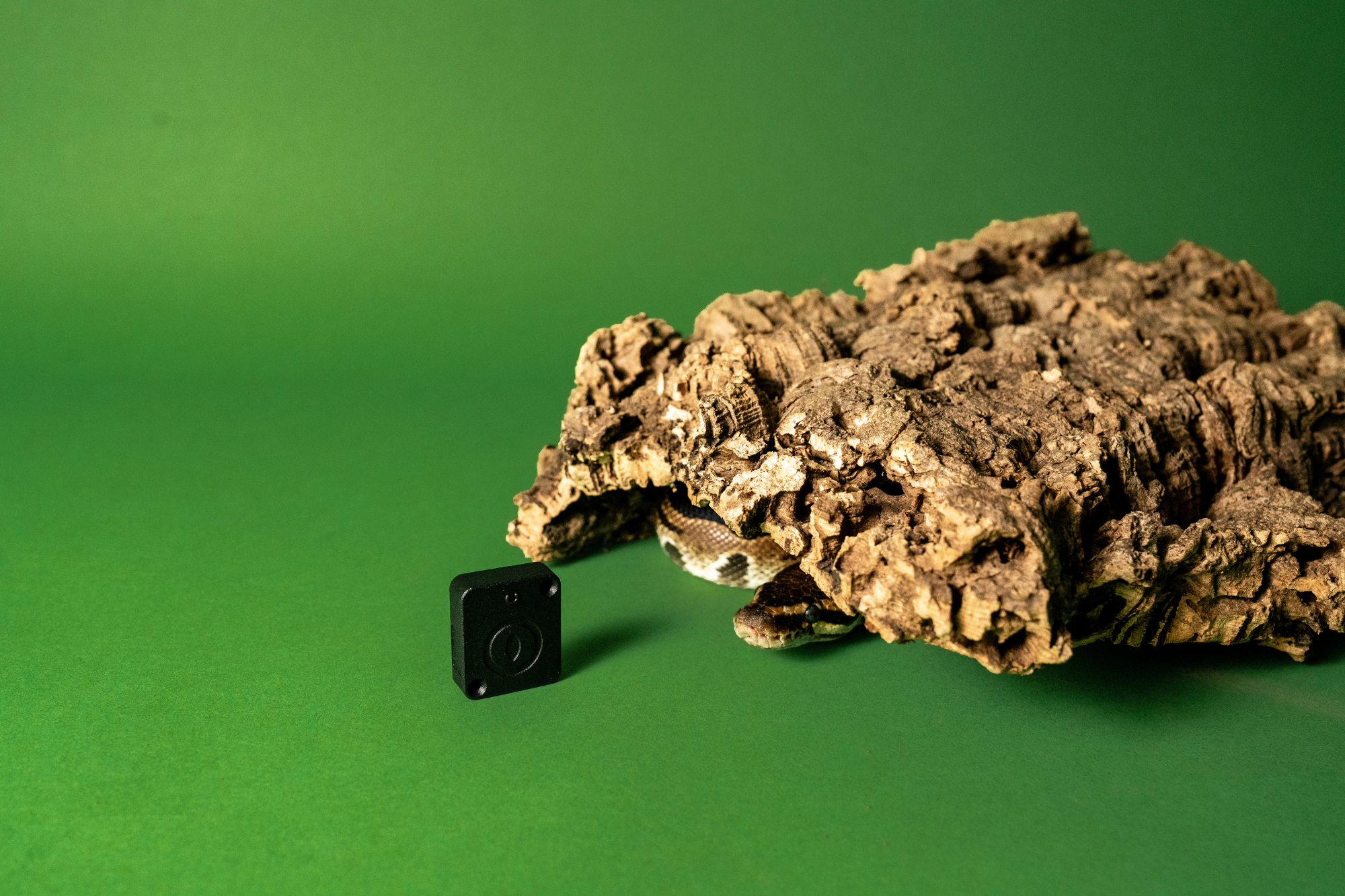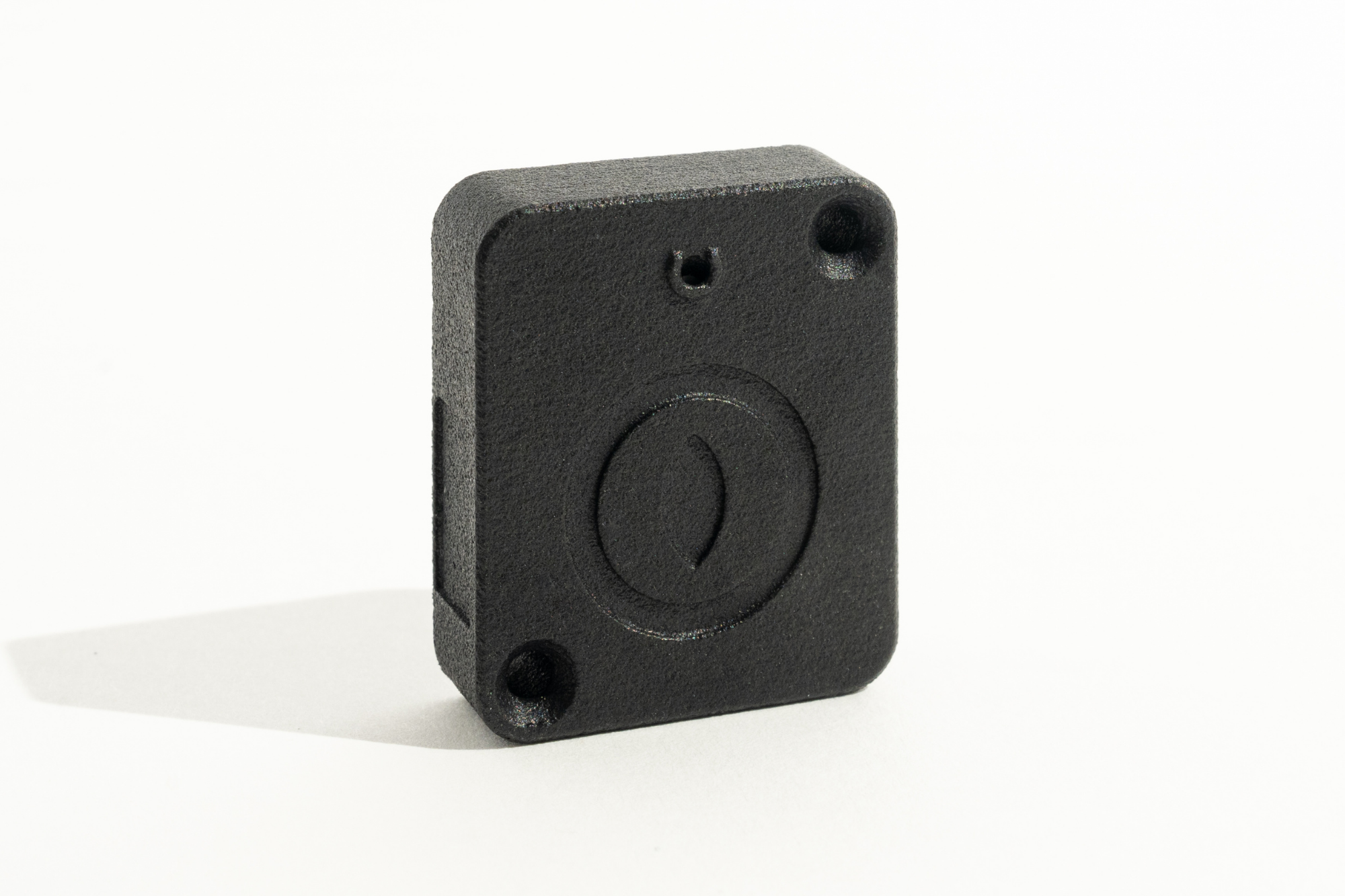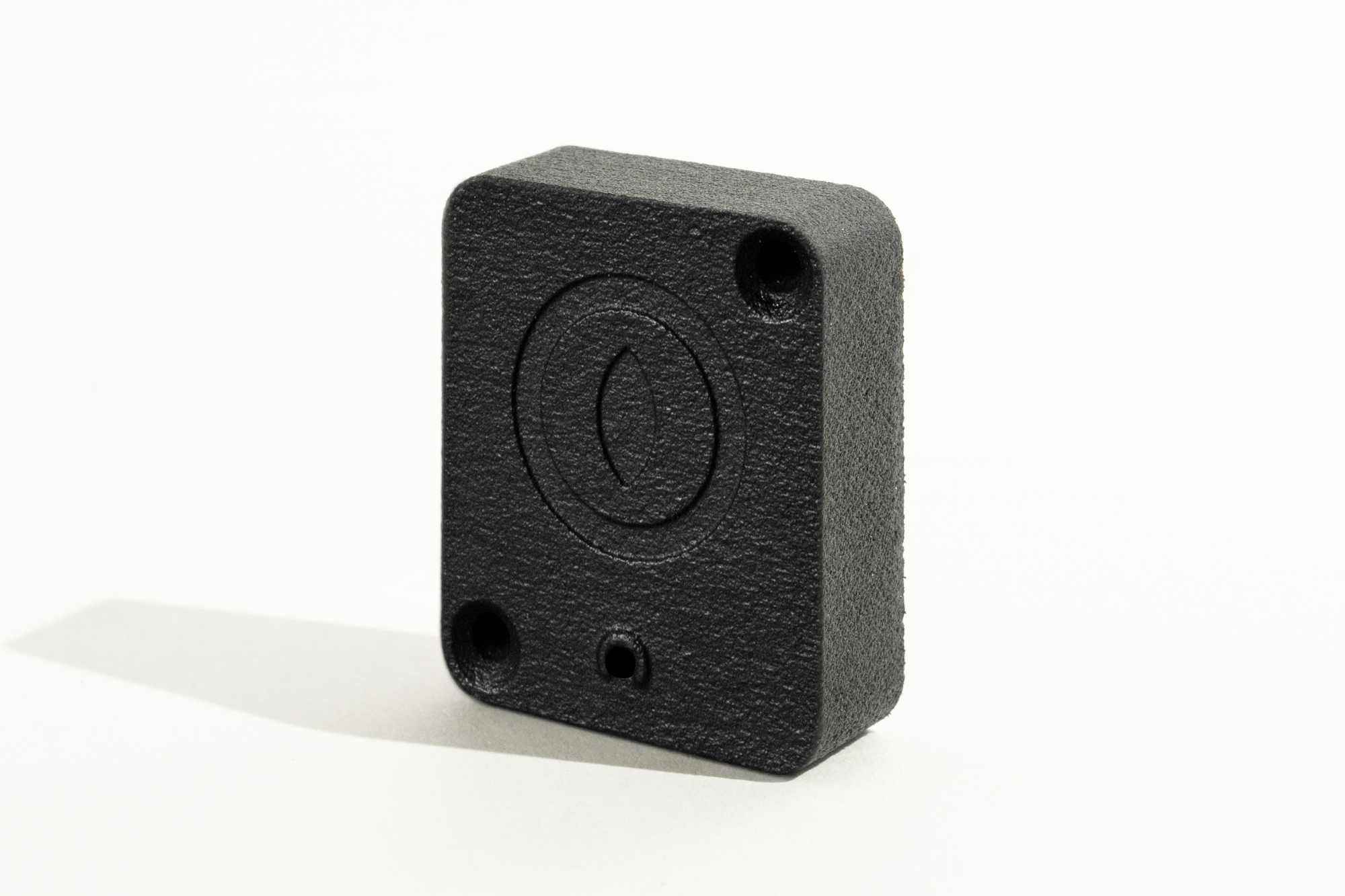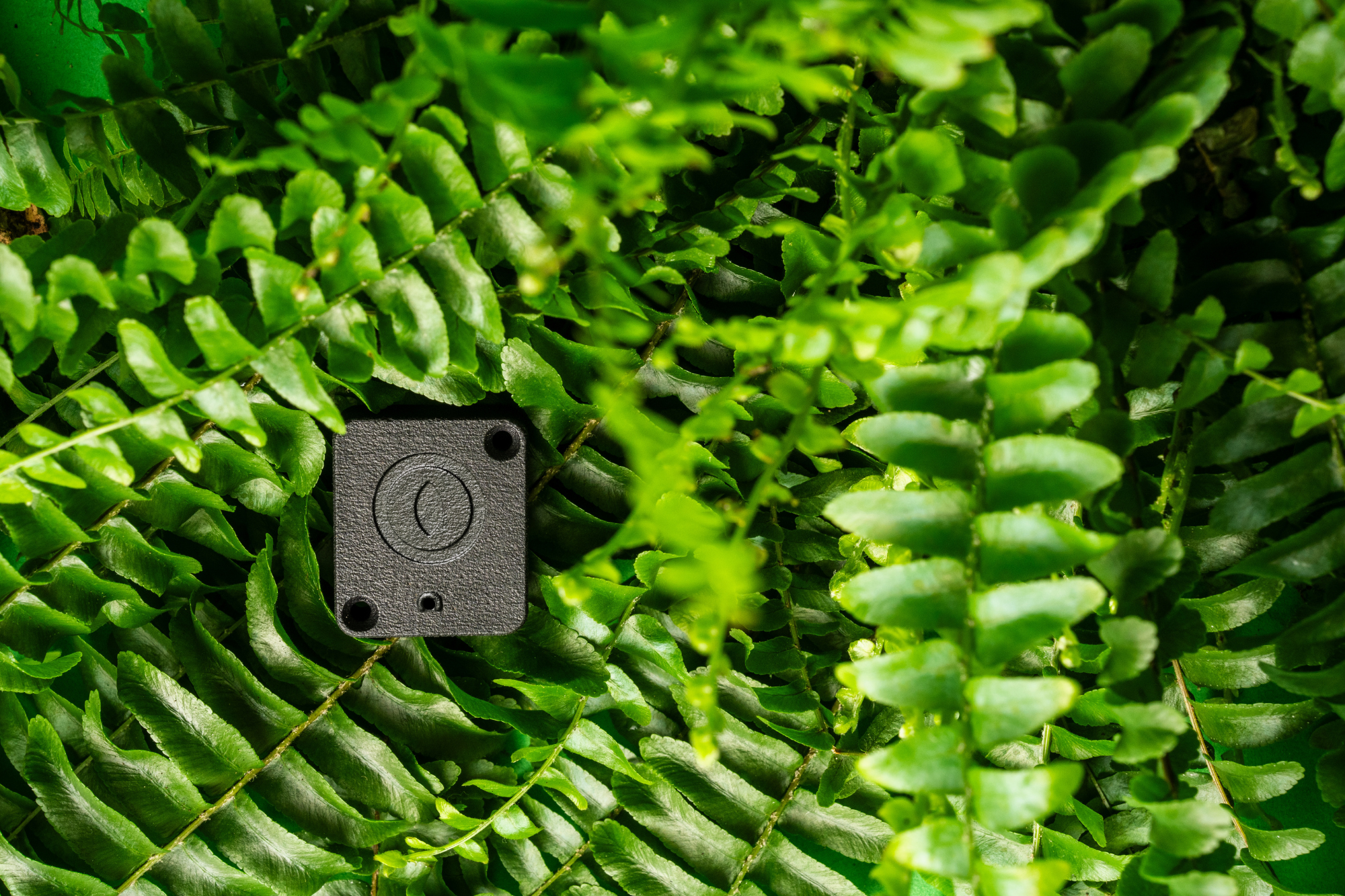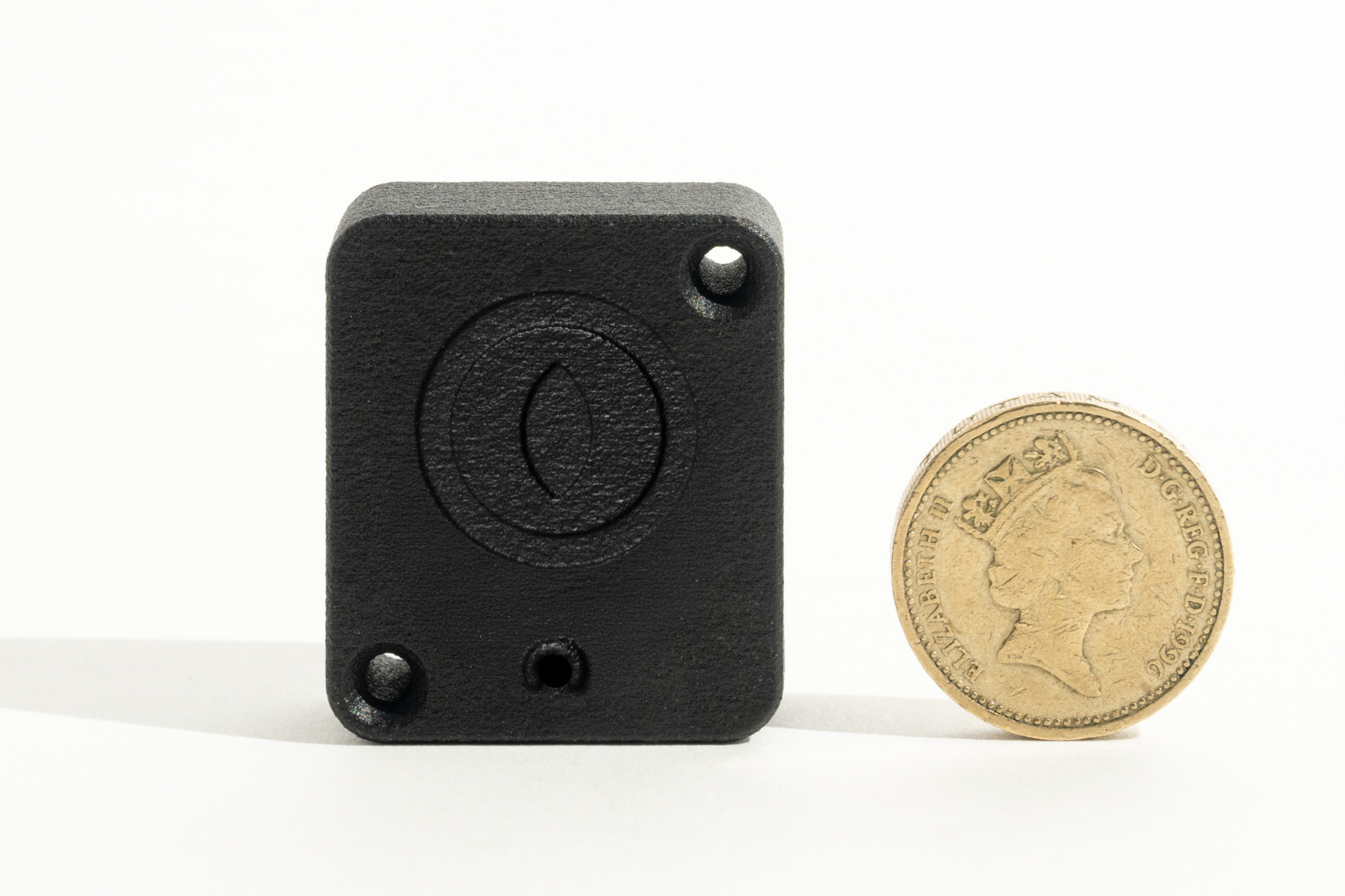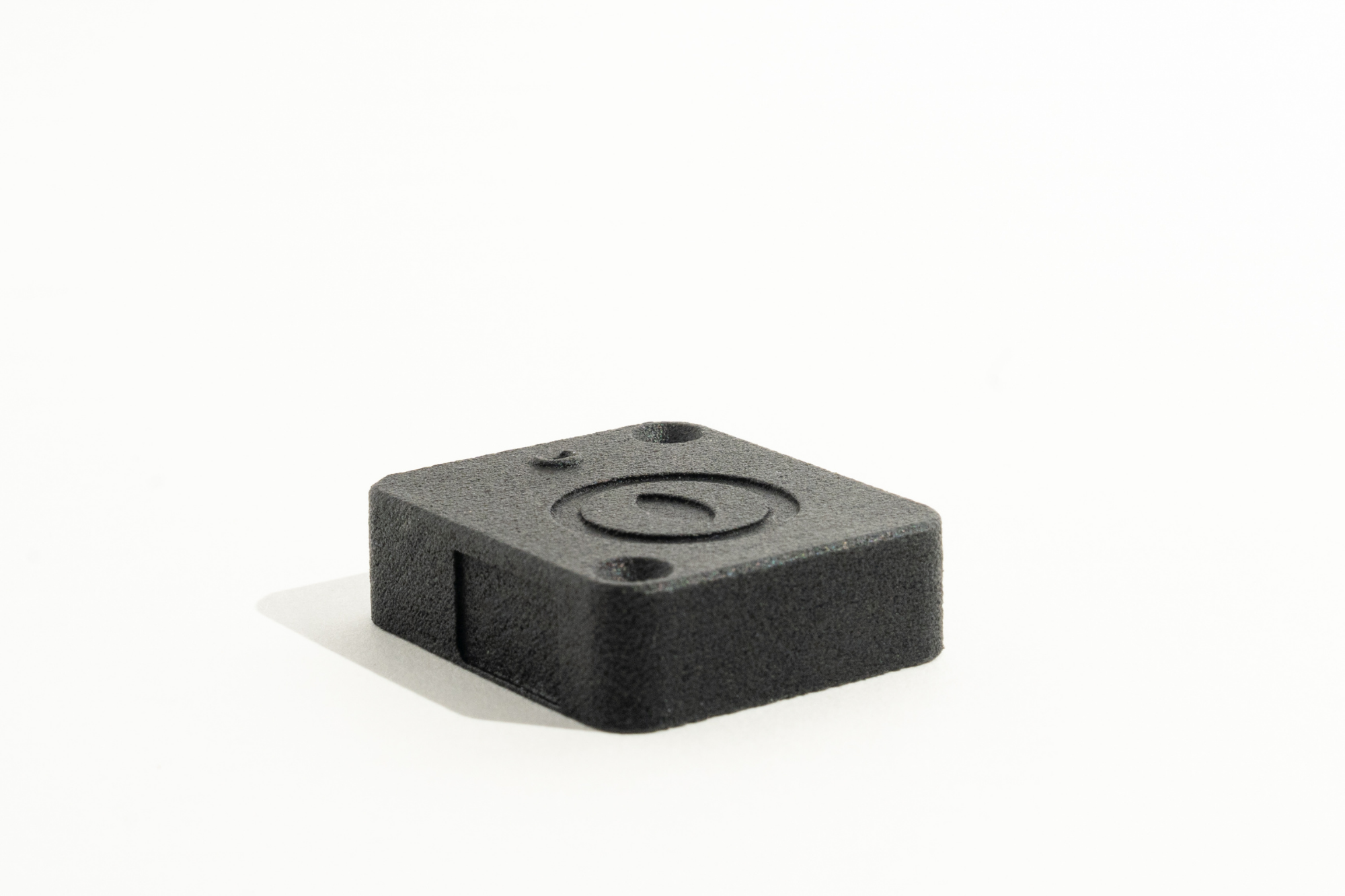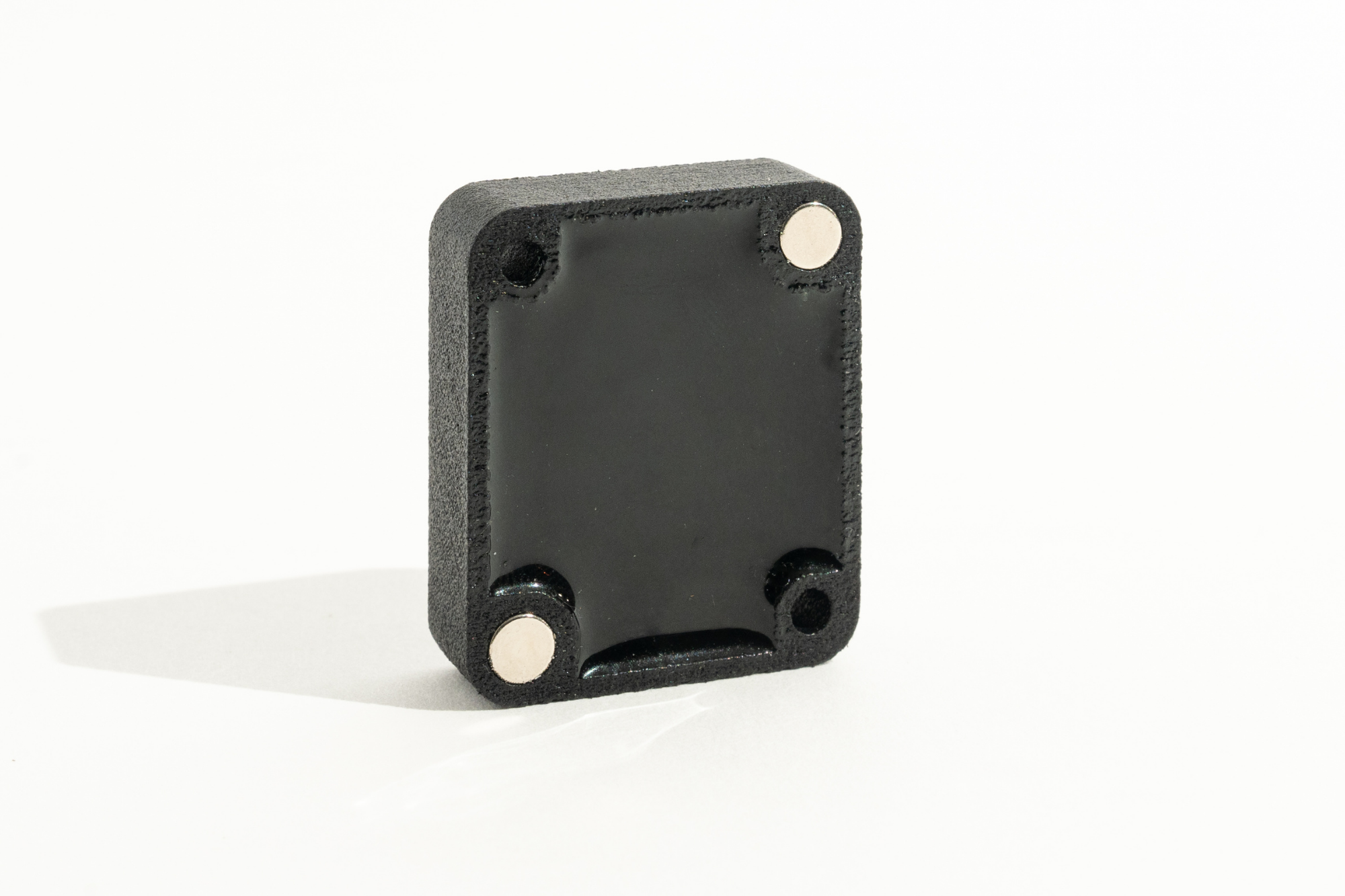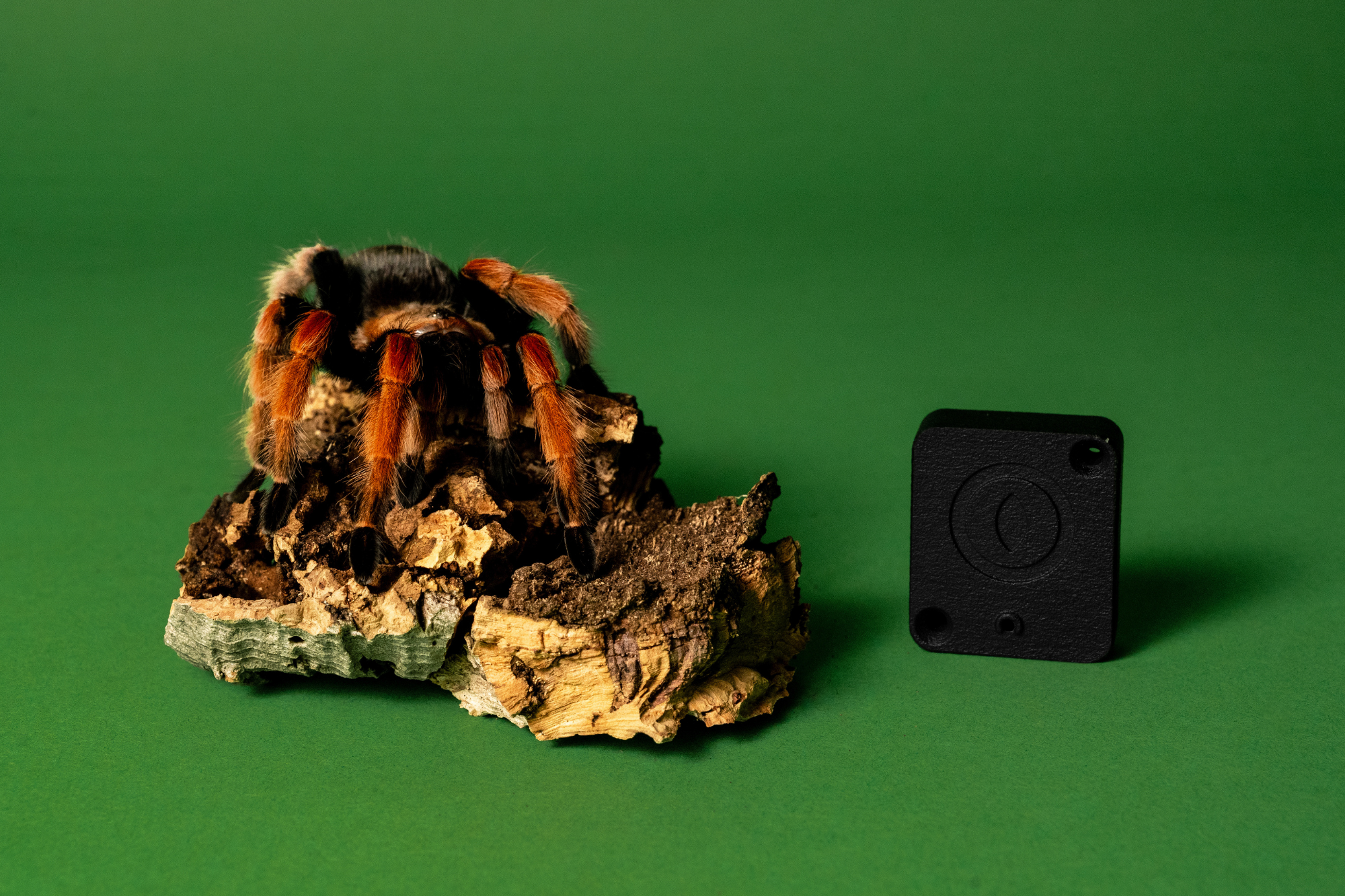Birds and parrots offer some of the most interactive, intelligent and long-lived relationships in the exotic pet world. But their care can be a bit of a feathered minefield for the unprepared.
Unlike reptiles or fish, most birds need daily interaction and social stimulation. While some may be fine with just watching the world go by, many (especially parrots) are flock animals and need time with you as part of their routine. This can mean vocalising, shredding, playing, climbing, cuddling or just sitting quietly with you.
You’re not just buying a pet - you’re potentially gaining a lifelong companion who needs their own routine, enrichment and emotional support.
Caging & Environment
Cages are not homes - they are bedrooms.
Your bird will need out-of-cage time, ideally daily, in a safe space. The cage itself should be large enough for full wing extension at minimum, with horizontal bars for climbing, and space for multiple perches and enrichment toys.
Budgies and cockatiels will obviously need less space than macaws or African greys, but no bird should be kept in the smallest cage “recommended” by pet shops. We strongly encourage choosing the largest cage you can afford and fit in your home.
Avoid round cages as they can confuse and stress birds. Stick with rectangular or square layouts.
Diet
The old image of a parrot eating only sunflower seeds is wildly outdated and often dangerous. Seeds are high in fat and low in essential nutrients.
Your bird’s diet should include:
- A quality pellet as a staple
- Fresh vegetables daily (leafy greens, peppers, carrots, broccoli)
- Occasional fruit (avoid avocado - it’s toxic!)
- Access to clean, fresh water at all times
Do not feed chocolate, onion, garlic, caffeine, or alcohol.
Enrichment & Social Needs
Birds are intelligent and emotionally complex. They need toys, puzzles, foraging activities and regular changes to their environment. Rotate toys every couple of weeks to avoid boredom.
Parrots especially are prone to feather plucking, aggression and even self-harm if mentally understimulated or left alone too long. If you work long hours, consider a second bird of the same species (after a proper introduction) or invest in automatic foragers and sound-based enrichment.
Lighting, Sleep & Safety
Birds need access to natural daylight cycles. Without it, they can suffer from behavioural and hormonal issues. If natural light isn’t possible, look into full-spectrum lighting. Birds also need a dark, quiet space to sleep - ideally 10–12 hours a night.
Household dangers include:
- Ceiling or open standing fans
- Open windows
- Non-stick cookware (PTFE fumes are deadly
- Scented candles
- Poor air quality
- Other pets
You will need to bird-proof any area your bird has access to.
Vet Care & Lifespan
Avian vets can be hard to find, but they’re essential. Birds are extremely good at hiding illness, so regular check-ups are critical. If your bird is puffed up, lethargic or not eating, seek immediate help.
Keep in mind that some species live decades. A macaw or African grey may outlive you, so it’s wise to make long-term plans for their care.



